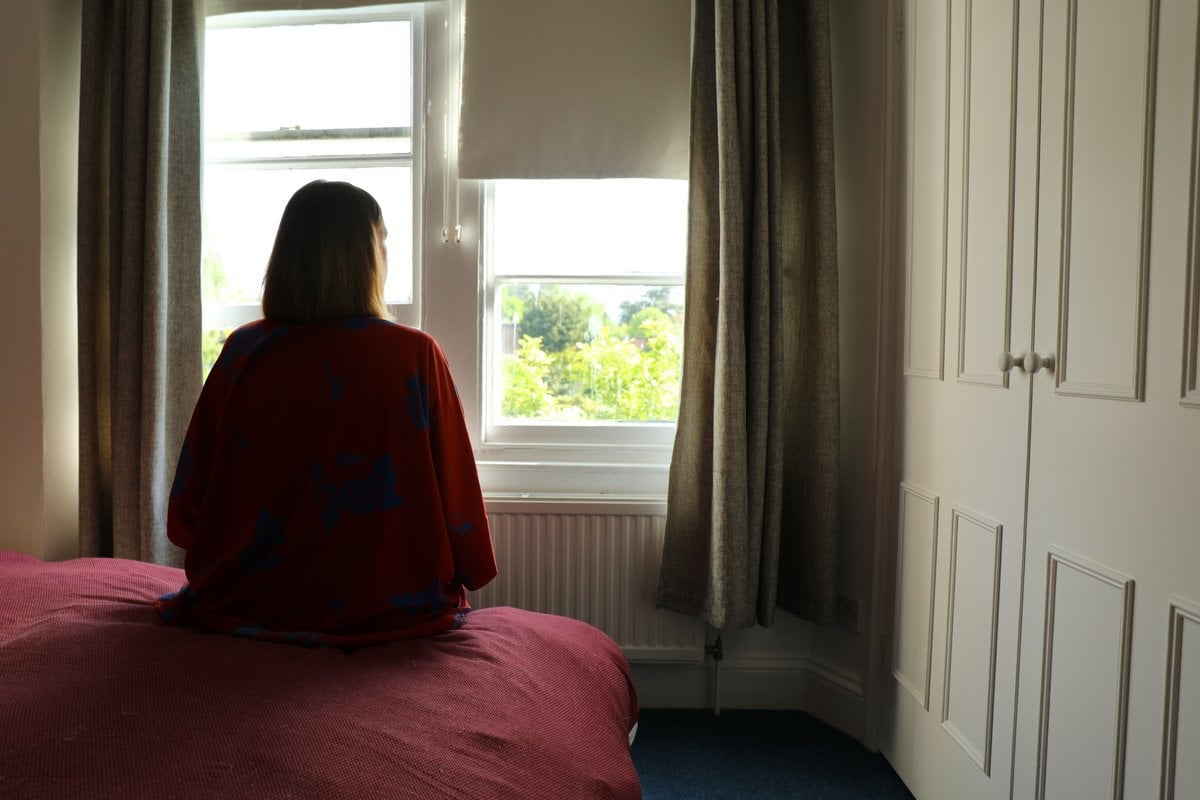
I seem to be able to have anything I want – a husband; travel to exotic places; a few good friends; even a reasonably comfortable lifestyle; almost everything anyone could want – except a job. Before this, I used to think welfare was a copout.
That was until I ended up on it.
Yes, my husband has a good job and others are far worse off. But we are also paying rent, saving for a house and heading towards middle age. While frustratingly, I can't get a job – which would help us save faster– every little bit helps. Sometimes if it weren't for that small extra payment from Centrelink, we'd be saving nothing.
Being on Centrelink payments is not the extra privilege it's often stereotyped as. While I got $300 to $500 a fortnight, now reduced to sometimes, $100 a fortnight, I have friends who are on $100,000 salaries. They own several properties and yet demand more money from employers. That's a luxury I can't afford right at this time. It's a luxury I may never be able to afford.
For the first time, I've experienced how broken the employment system is. I've gone for countless jobs. I cannot keep count of the number I have applied for. I'm even more dumbfounded by the fact I am completely capable, proactive and multi-skilled, but which seems to make little difference. I am double-degree educated and have tried desperately to avoid being in this situation. I studied journalism, took any job when it failed, studied massage therapy and lost my business due to the COVID-19 pandemic. I shudder to think sometimes of the money I could be on if I perhaps studied something else. Then again, I shudder to think how others might feel.


Top Comments